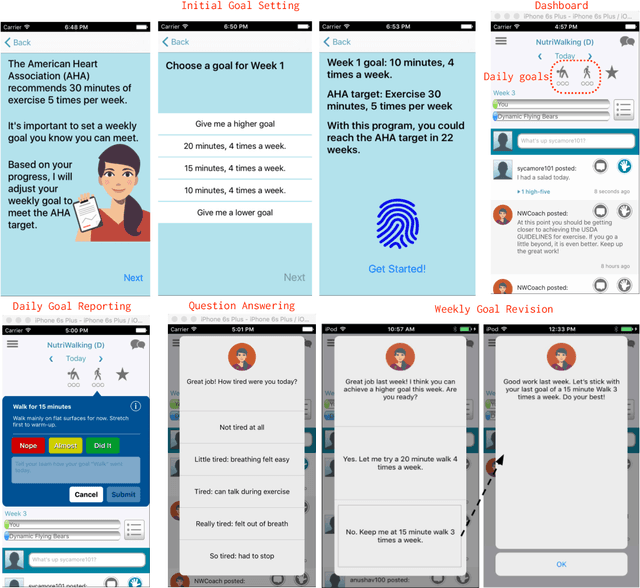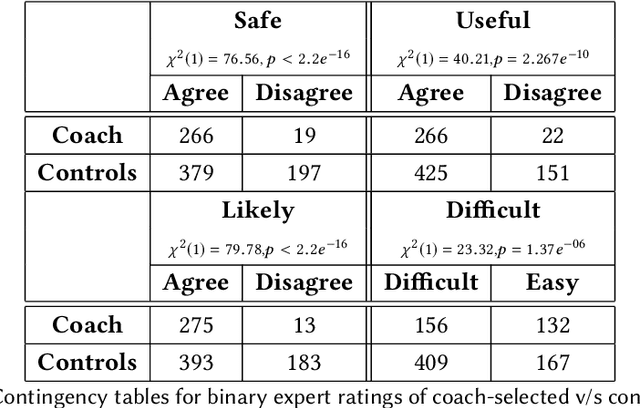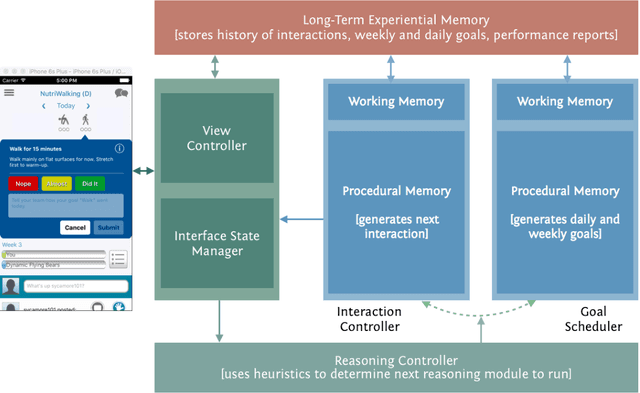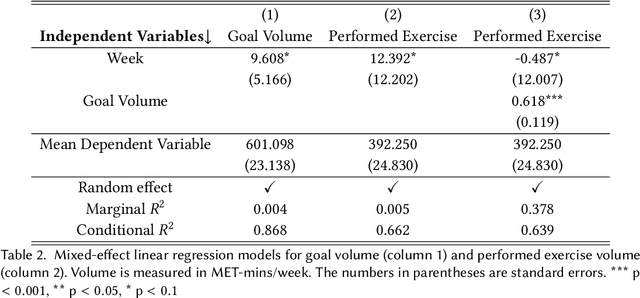Andrea Hartzler
Can Language Models Understand Social Behavior in Clinical Conversations?
May 07, 2025Abstract:Effective communication between providers and their patients influences health and care outcomes. The effectiveness of such conversations has been linked not only to the exchange of clinical information, but also to a range of interpersonal behaviors; commonly referred to as social signals, which are often conveyed through non-verbal cues and shape the quality of the patient-provider relationship. Recent advances in large language models (LLMs) have demonstrated an increasing ability to infer emotional and social behaviors even when analyzing only textual information. As automation increases also in clinical settings, such as for transcription of patient-provider conversations, there is growing potential for LLMs to automatically analyze and extract social behaviors from these interactions. To explore the foundational capabilities of LLMs in tracking social signals in clinical dialogue, we designed task-specific prompts and evaluated model performance across multiple architectures and prompting styles using a highly imbalanced, annotated dataset spanning 20 distinct social signals such as provider dominance, patient warmth, etc. We present the first system capable of tracking all these 20 coded signals, and uncover patterns in LLM behavior. Further analysis of model configurations and clinical context provides insights for enhancing LLM performance on social signal processing tasks in healthcare settings.
Designing an AI Health Coach and Studying its Utility in Promoting Regular Aerobic Exercise
Oct 10, 2019



Abstract:Our research aims to develop interactive, social agents that can coach people to learn new tasks, skills, and habits. In this paper, we focus on coaching sedentary, overweight individuals (i.e., trainees) to exercise regularly. We employ adaptive goal setting in which the intelligent health coach generates, tracks, and revises personalized exercise goals for a trainee. The goals become incrementally more difficult as the trainee progresses through the training program. Our approach is model-based - the coach maintains a parameterized model of the trainee's aerobic capability that drives its expectation of the trainee's performance. The model is continually revised based on trainee-coach interactions. The coach is embodied in a smartphone application, NutriWalking, which serves as a medium for coach-trainee interaction. We adopt a task-centric evaluation approach for studying the utility of the proposed algorithm in promoting regular aerobic exercise. We show that our approach can adapt the trainee program not only to several trainees with different capabilities, but also to how a trainee's capability improves as they begin to exercise more. Experts rate the goals selected by the coach better than other plausible goals, demonstrating that our approach is consistent with clinical recommendations. Further, in a 6-week observational study with sedentary participants, we show that the proposed approach helps increase exercise volume performed each week.
 Add to Chrome
Add to Chrome Add to Firefox
Add to Firefox Add to Edge
Add to Edge